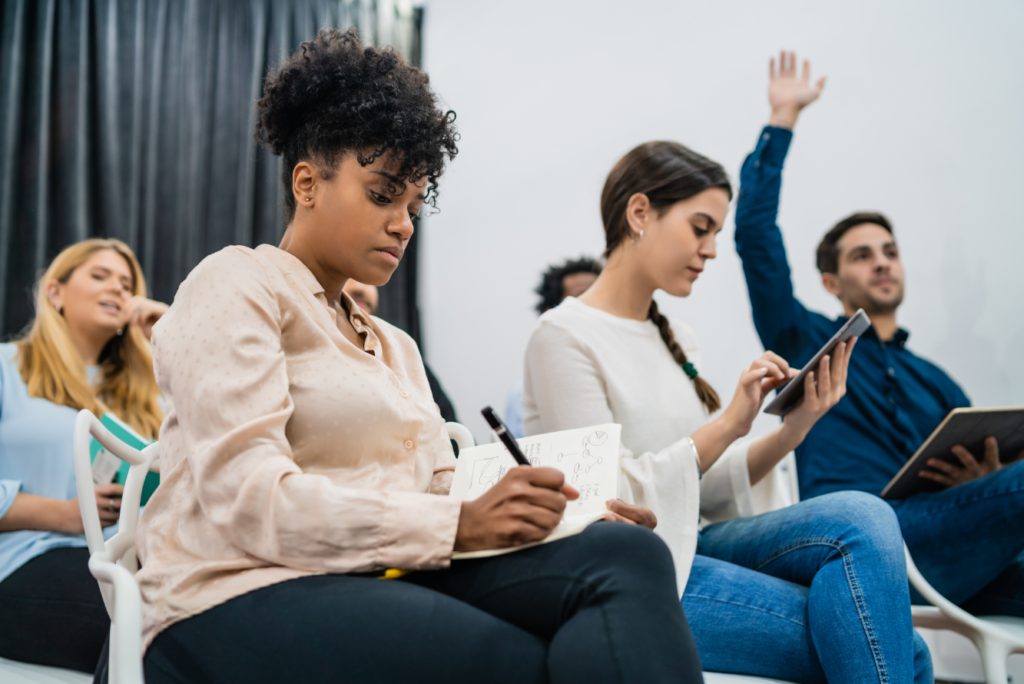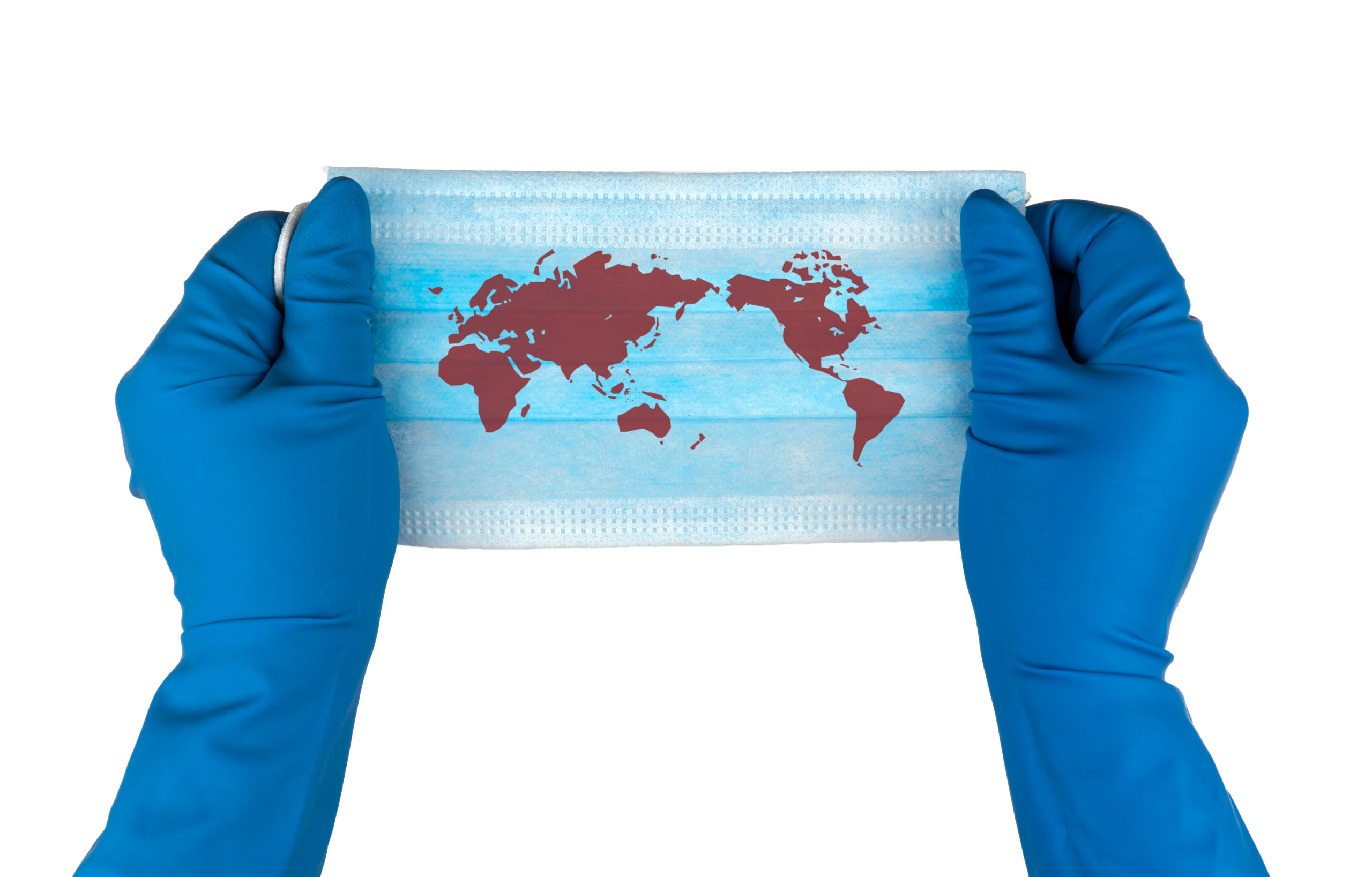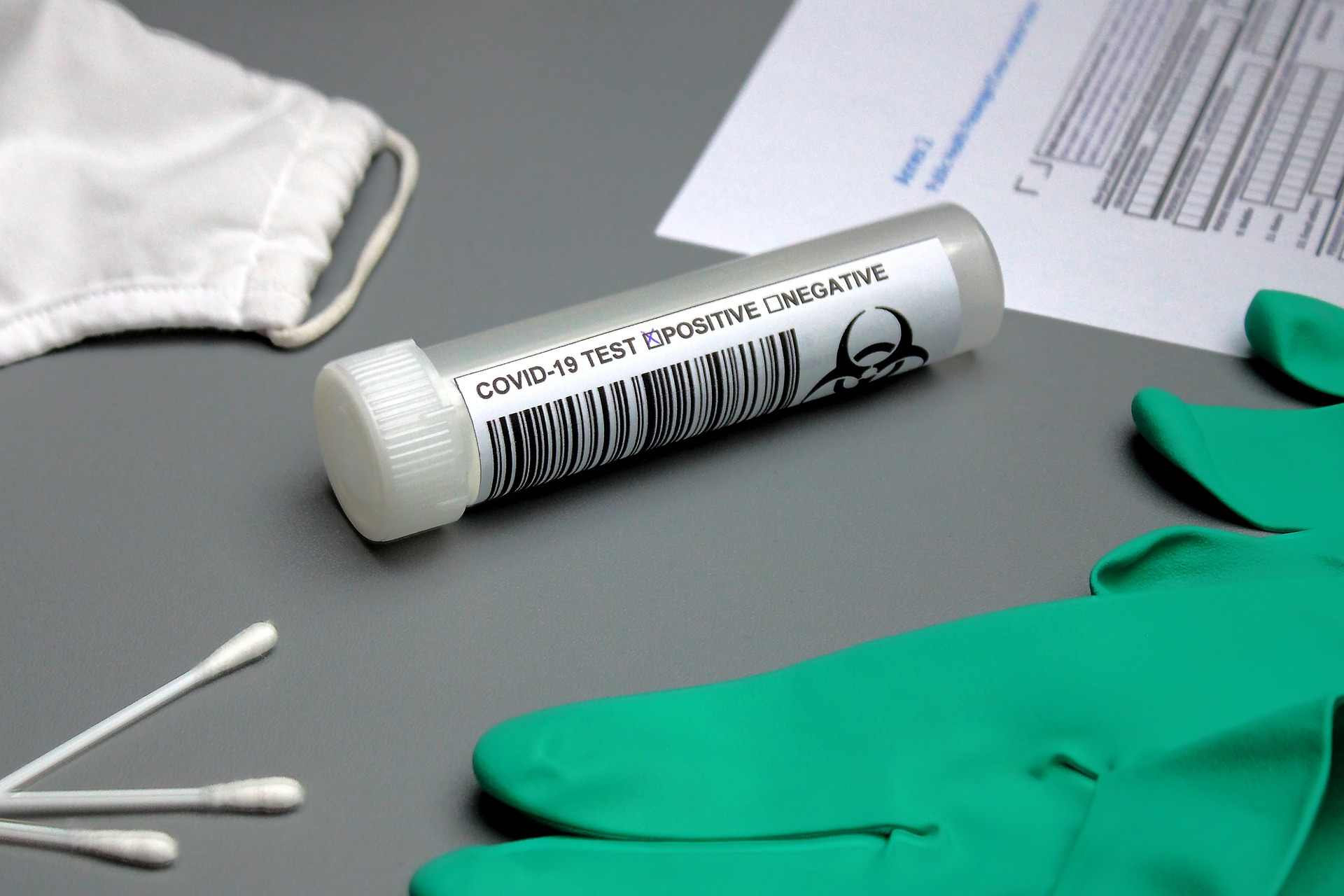The UK will be the first country to initiate a COVID-19 human challenge trial in which healthy people will be deliberately exposed to the SARS-CoV-2 virus, as announced on October 20th.
The UK government and a Dublin-based commercial clinical research organization called Open Orphan and its subsidiary, hVIVO, will lead the COVID-19 challenge study.
The trials are set to begin in January in a London hospital if they receive the final regulatory and ethical approval, aiming to speed up the development of a COVID-19 vaccine. The UK government is putting £33.6 million towards the study.
The human challenge will involve volunteers between the ages of 18 and 30, and up to 90 people will be exposed to the virus.
The research will be conduced using the Human Challenge Model, a study in which healthy participants volunteer to be deliberately exposed to the virus. This model can provide a more efficient and faster way to develop a vaccine, compared to a standard vaccine clinical trial.
hVIVO have completed 50 research projects involving viruses such as influenza, respiratory syncytial virus, and human rhinovirus.
The experts of the study say that safety will be their number one priority. This, however, is a controversial topic because the COVID-19 challenge trial brings up concerns of safety and ethics, especially because there is no treatment, or cure, for the patients. Some say that the large-scale efficacy trials of thousands of people are expected to deliver a COVID-19 vaccine soon. On the other hand, some believe that the ability to find an effective vaccine sooner outweighs the low risk that participants in the challenge trial will face.
“Deliberately infecting volunteers with a known human pathogen is never undertaken lightly. However, such studies are enormously informative about a disease,” said Peter Openshaw, an immunologist at Imperial College London and investigator on the study, in a press statement. “It is really vital that we move as fast as possible towards getting effective vaccines and other treatments for COVID-19, and challenge studies have the potential to accelerate and de-risk the development of novel drugs and vaccines.”
Related: COVID-19 Pandemic Coverage
The precise design of the study has yet to be finalized. However, it is likely that the volunteers will be infected with the SARS-CoV-2 challenge strain through the nose. In the event that the majority of the volunteers fail to become infected, the researchers will request approval from a safety monitoring board to expose the participants to a higher viral load. This will be done repeatedly until the researchers are able to identify a dose that infects most of those exposed.
The patients will be monitored at all hours, as well as for up to a year after participating in the study. Participants will also be staying in a bio-secure facility until they are no longer infectious.
Other countries are also investigating COVID-19 challenge trials. Belgium’s government has committed to providing $23 million for facilities to host this trial. In the US, a lab at Colorado State University has received funding from NIAID to develop two SARS-CoV-2 challenge strains that will be studied by members of Memoli.












Join or login to leave a comment
JOIN LOGIN